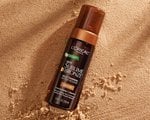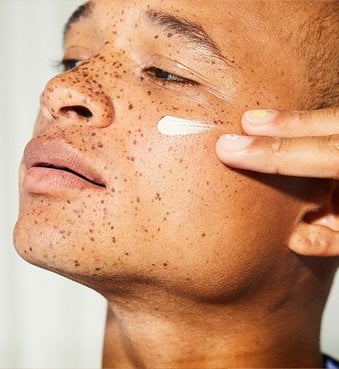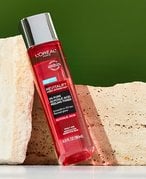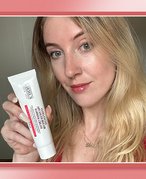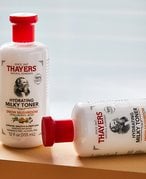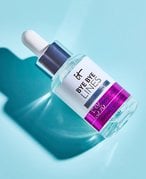Sensitive Skin
Sensitive skin doesn’t have to be a burden; it just needs a little extra TLC. Get tips and advice to care for your sensitive skin on Skincare.com.Latest Articles
Recommended Articles
-
![Model smiling and resting their chin in their hand]() Skin Care AdviceWhat Is Skinimalism? Plus, How to Build a Minimalist Skincare Routi...12/1/2023
Skin Care AdviceWhat Is Skinimalism? Plus, How to Build a Minimalist Skincare Routi...12/1/2023 -
![loreal paris glycolic acid toner]() Sensitive Skin17 Best Gentle Exfoliating Products For Sensitive Skin11/20/2023
Sensitive Skin17 Best Gentle Exfoliating Products For Sensitive Skin11/20/2023 -
![Picture of an editor holding the Kiehl’s Ultra Facial Advanced Repair Barrier Cream against a red graphic background]() MoisturizersThis Is the Best Barrier Repair Cream I’ve Tried for Dry Skin6/15/2023
MoisturizersThis Is the Best Barrier Repair Cream I’ve Tried for Dry Skin6/15/2023 -
![Picture of two Thayers toners laying on a wooden beam]() Sensitive SkinA Simple Skincare Routine for Sensitive Skin6/7/2023
Sensitive SkinA Simple Skincare Routine for Sensitive Skin6/7/2023 -
![Picture of the IT Cosmetics Bye Bye Lines Hyaluronic Acid Serum on a blue background]() Sensitive SkinThe Best Hydrating Serums for Sensitive Skin, According to Our Edit...4/21/2023
Sensitive SkinThe Best Hydrating Serums for Sensitive Skin, According to Our Edit...4/21/2023 -
![Picture of the Thayers Natural Remedies Calming Facial Mist, Kiehl’s Cannabis Sativa Seed Oil Herbal Concentrate Face Oil and Lancôme Absolue Rose 80 Toner on a green graphic background]() Sensitive SkinOur Favorite Calming Products to Help You De-Stress4/20/2023
Sensitive SkinOur Favorite Calming Products to Help You De-Stress4/20/2023














